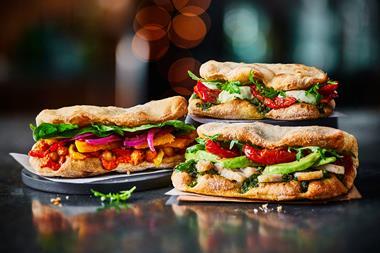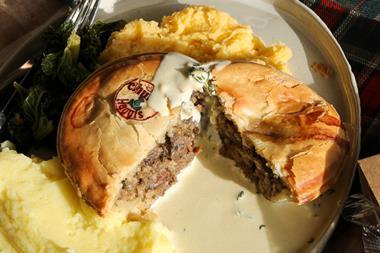The Supreme Court has ruled that a bakery did not discriminate against a customer by refusing to make a cake supporting gay marriage.
The ruling follows a long-running legal dispute after gay rights activist Gareth Lee asked Belfast-based Ashers Baking Company to supply a cake marking International Day Against Homophobia in 2014. He requested a cake showing Sesame Street characters Bert and Ernie alongside the motto ‘Support Gay Marriage’.
Ashers refused to do so, stating the message on the cake went against the owners’ Christian beliefs, and Lee took the business to court for discrimination on grounds of sexual orientation and/or on grounds of religious belief or political opinion.
The business was found guilty of discrimination and later lost an appeal against the decision, with judges ruling that under law, “bakers were not allowed to provide a service only to people who agreed with their religious beliefs”.
But the Supreme Court has today (10 October) upheld Ashers’ appeal against claims of discrimination.
The court found the bakery did not refuse to fulfil the order because of Lee’s sexual orientation, but because it objected to the message on the cake.
“The benefit of the message accrues not only to gay or bisexual people, but to their families and friends and to the wider community who recognise the social benefits which such commitment can bring,” stated the ruling. “Thus, there was no discrimination on grounds of sexual orientation in this case.”
The court also ruled there was no discrimination on political grounds.
Charity The Christian Institute, which has supported Ashers during the dispute, called the ruling a total vindication.
“The court strongly agreed with Ashers’ lawyers that this case has always been about the message on the cake and not the customer; the message, not the messenger,” said Simon Calvert, the institute’s deputy director for public affairs.
The Equality Commission for Northern Ireland, which supported Lee in his claim, said it was disappointed in the judgment.
“We will have to look at the implications of its judgment carefully,” said chief commissioner Dr Michael Wardlow.
“There is a concern that this judgment may raise uncertainty about the application of equality law in the commercial sphere, both about what businesses can do and what customers may expect; and that the beliefs of business owners may take precedence over a customer’s equality rights, which in our view is contrary to what the legislature intended.”
































No comments yet